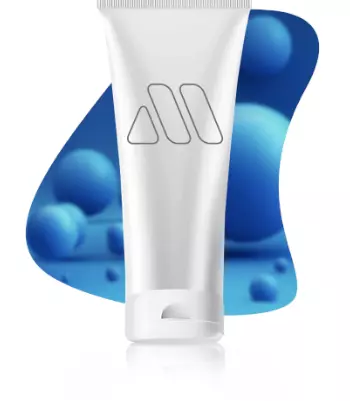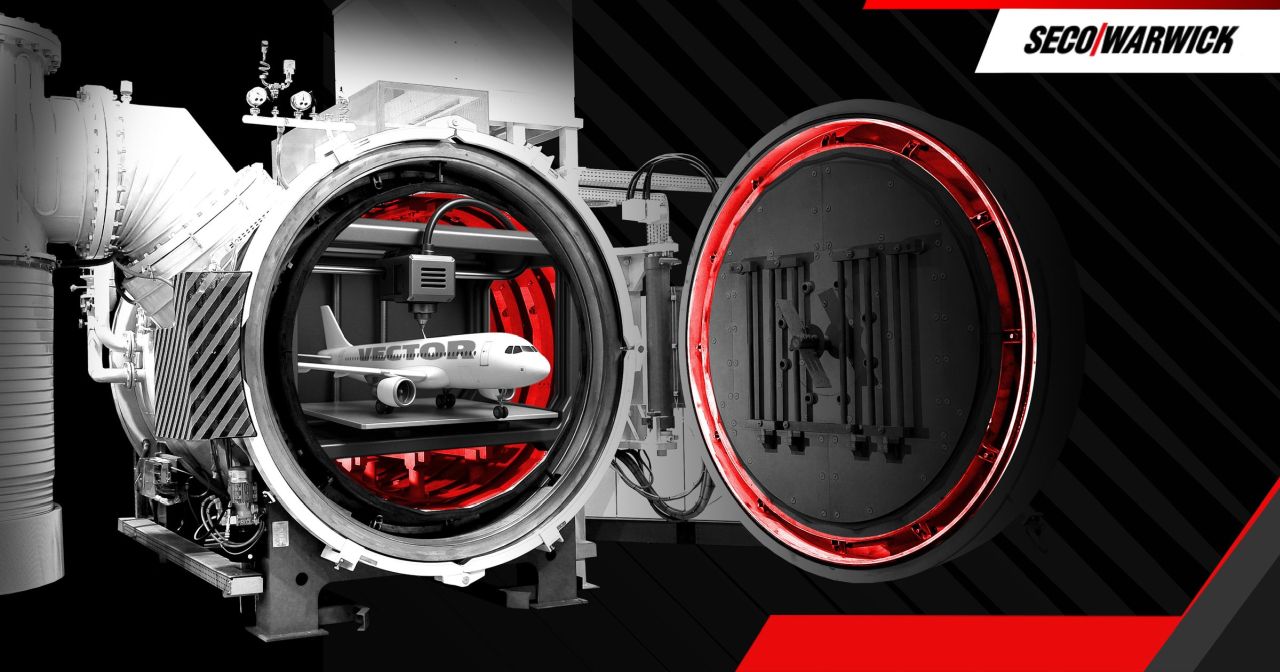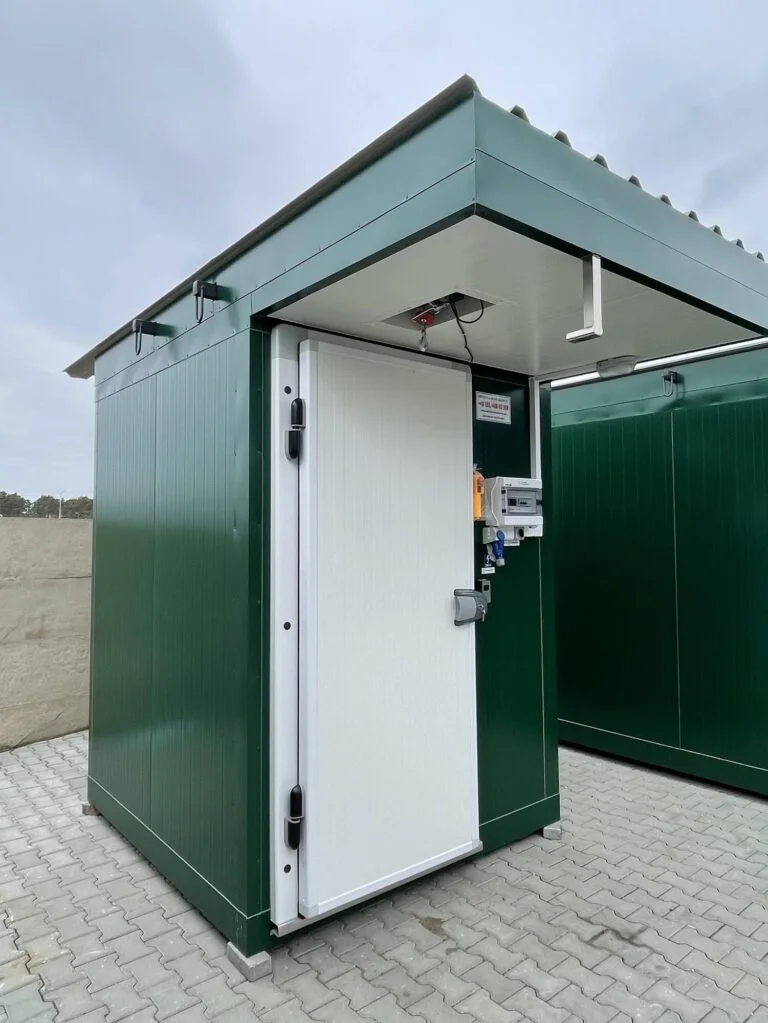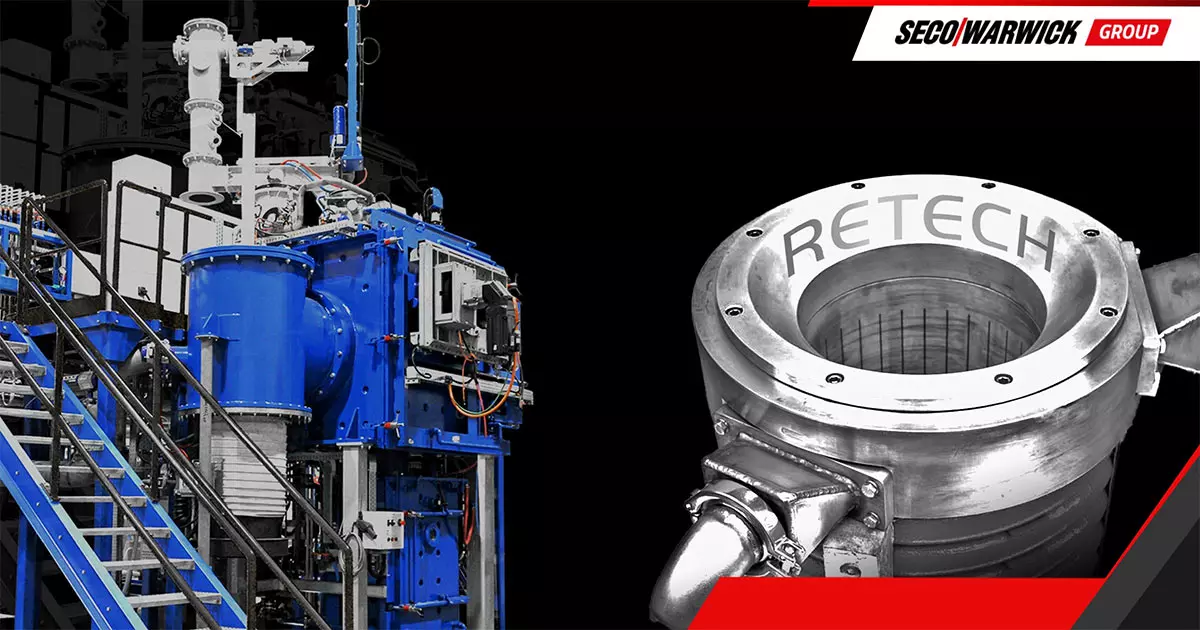The role of smart packaging in the future of pharmaceuticals
Understanding smart packaging in the pharmaceutical industry
Smart packaging in the pharmaceutical sector refers to packaging systems that go beyond traditional containment and protection functions.
These innovative solutions integrate technology such as sensors, QR codes, and RFID tags to monitor the condition of the medication, track usage, and ensure authenticity. By providing real-time data, smart packaging significantly improves patient safety and compliance, answering the growing demand for advanced healthcare solutions.
Furthermore, smart packaging allows manufacturers and healthcare providers to maintain strict control over the supply chain. With capabilities to detect tampering, monitor storage conditions, and prevent counterfeit drugs, this technology plays a vital role in safeguarding both patients and pharmaceutical companies from potential risks.
Enhancing medication safety through smart packaging
One of the primary advantages of smart packaging is its ability to enhance medication safety. Sensors embedded in packaging can monitor temperature, humidity, and expiration dates, ensuring that drugs remain effective throughout their lifecycle. Such features are especially crucial for sensitive medications like vaccines and biologics, which require precise environmental conditions.
In addition to monitoring, smart packaging can also provide alerts to patients or caregivers, reminding them to take medications at the correct time and in the right dosage. This reduces the risk of medication errors and supports adherence to prescribed treatment plans, ultimately improving patient outcomes.
Improving supply chain management
Smart packaging is transforming pharmaceutical supply chains by offering enhanced traceability and accountability. RFID tags and QR codes allow real-time tracking of products from manufacturing facilities to end-users, ensuring that medicines reach their intended destinations safely and efficiently. This transparency helps reduce losses, prevent counterfeiting, and maintain regulatory compliance.
Moreover, advanced analytics integrated with smart packaging systems enable companies to predict demand more accurately and optimize inventory levels. By reducing overstock and shortages, pharmaceutical manufacturers can improve operational efficiency while minimizing costs.

Supporting patient engagement and compliance
Engaging patients in their own healthcare is a crucial challenge, and smart packaging offers innovative solutions. Interactive packaging can communicate directly with smartphones or medical apps, providing dosage instructions, educational content, and reminders. This technology empowers patients to take active roles in managing their health.
Additionally, data collected from smart packaging can help healthcare professionals monitor adherence patterns and intervene when necessary. By combining patient-friendly design with advanced tracking, pharmaceutical companies can foster greater compliance and enhance overall treatment effectiveness.
Preventing counterfeiting and ensuring drug authenticity
Counterfeit medications pose significant risks to public health, but smart packaging provides robust tools to combat this problem. Unique identifiers, tamper-evident seals, and blockchain integration can verify the authenticity of each product. This ensures that patients receive safe and genuine medications while protecting the reputation of pharmaceutical brands.
Smart packaging also allows regulators and manufacturers to quickly trace and recall compromised batches, preventing widespread distribution of unsafe products. As global pharmaceutical markets continue to expand, these security measures become increasingly essential.
Environmental considerations of smart packaging
While the benefits of smart packaging are clear, environmental sustainability must also be considered. The incorporation of electronic components and sensors requires careful material selection and recycling strategies to reduce waste. Manufacturers are exploring biodegradable materials and modular designs to minimize ecological impact.
Furthermore, smart packaging can support eco-friendly initiatives by reducing overproduction and wastage. By tracking usage patterns and optimizing inventory, companies can lower their carbon footprint while still delivering high-quality pharmaceutical products – mpackpoland.com.
The future outlook for smart packaging in pharmaceuticals
The role of smart packaging in the pharmaceutical industry is poised to grow exponentially in the coming years. With advances in IoT, artificial intelligence, and blockchain technologies, packaging will become an integral part of personalized medicine, patient monitoring, and supply chain optimization. The future points to smarter, safer, and more sustainable drug delivery systems.
As pharmaceutical companies continue to embrace these innovations, the combination of technology, patient engagement, and regulatory compliance will redefine industry standards. Smart packaging is no longer just a supportive tool—it is shaping the future of medicine itself, ensuring that patients worldwide receive safe, effective, and reliable treatments.








